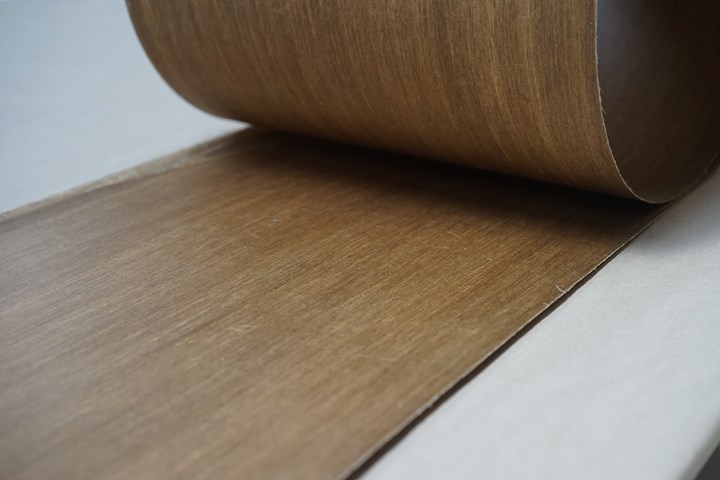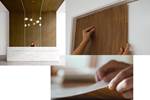Series A funding expands production for Lingrove’s Ekoa natural fiber materials
Carbon-negative Ekoa composite, a substitution for wood and plastics in furniture, interiors and automotive applications, will be scaled up to deliver to far-reaching global customers.

Photo Credit: Lingrove
(San Francisco, Calif., U.S.), a materials research and design firm focused on plant-based fibers and resins, including its high-performance carbon-negative composite materials, Ekoa, has secured its Series A lead investor by Diamond Edge Ventures (DEV), with key participation from SOSV, IndieBio and Mayfield. Lingrove will use the funds to scale its operations, hire key staff and deliver increased manufacturing capacity to current customers.
“We generally invest in the top startups in a field. But with Lingrove, we selected the leader amongst companies leveraging nature’s products and novel chemistries to solve today’s sustainability issues, as well as customers’ application needs,” says Patrick Suel, president of DEV.
Ekoa, developed from plant fiber and reported to deliver a higher strength-to-weight ratio than steel, is currently being used to replace mainstream materials, including the substitution of wood in musical instruments and designer furniture. Upcoming uses in late-stage testing include instrument consoles in electric vehicles (EVs), kitchen and bath products, and acoustic panels. Ekoa, offering high endurance, moldability and general performance capabilities, is said to provide a sustainable alternative to other composites and incumbent materials, with a luxury and natural aesthetic.
“Demand for nature tech and our Ekoa has been strong and growing,” says Joe Luttwak, CEO of Lingrove. “Soon enough, every car, [piece of] furniture and product designer will be able to replace wood and plastics, and we’re ready to help deliver high-performing, beautiful, sustainable products that meet their climate commitments — and, most importantly, leave forests intact.”
According to Lingrove, for every ton of natural fiber and plant waste used, Ekoa eliminates 1.4 tons of atmospheric carbon, in addition to eliminating the need for carbon-intensive materials, like wood and plastics. The product line includes 100% plant-based options.
“The timing of our relationship couldn’t have been more perfectly aligned with the disruptive transformation towards decarbonization,” says Jeff Gerbec, director of science and technology, who led the investment from DEV.
Related Content
-
Low-cost, efficient CFRP anisogrid lattice structures
CIRA uses patented parallel winding, dry fiber, silicone tooling and resin infusion to cut labor for lightweight, heavily loaded space applications.
-
Otto Aviation launches Phantom 3500 business jet with all-composite airframe from Leonardo
Promising 60% less fuel burn and 90% less emissions using SAF, the super-laminar flow design with windowless fuselage will be built using RTM in Florida facility with certification slated for 2030.
-
Infinite Composites: Type V tanks for space, hydrogen, automotive and more
After a decade of proving its linerless, weight-saving composite tanks with NASA and more than 30 aerospace companies, this CryoSphere pioneer is scaling for growth in commercial space and sustainable transportation on Earth.






